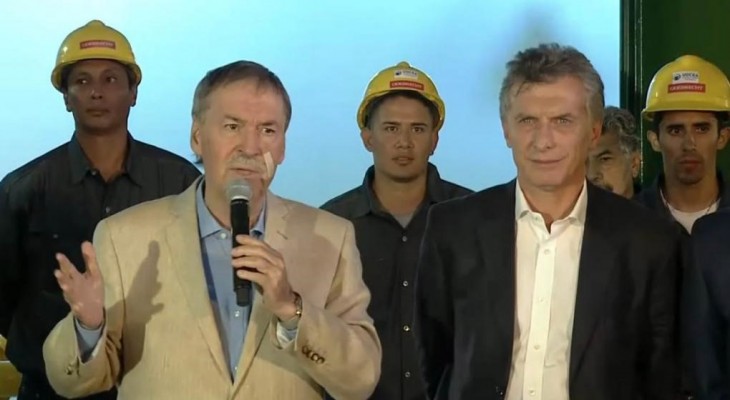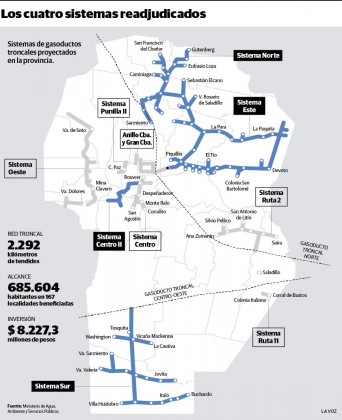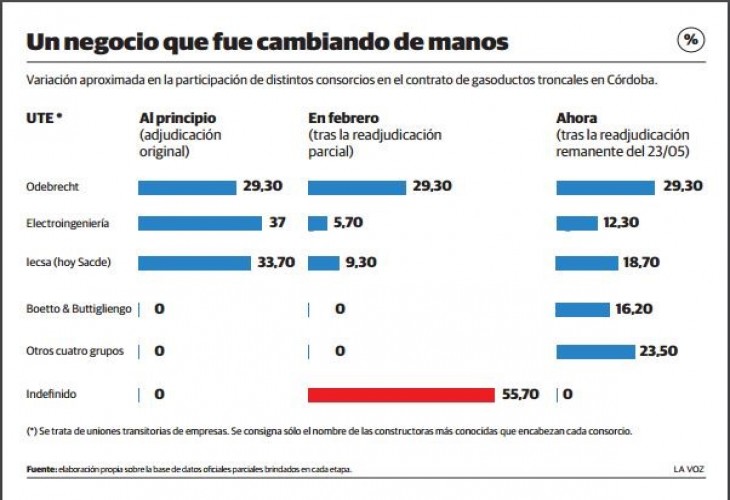On March 15, 2018, the Constitutional Court of Colombia rejected the challenge presented by the Superintendence of Industry and Commerce, and ratified its initial ruling. There he had pronounced in favor of the right of consumers and consumers to access information on the health effects of consuming sugary drinks.
“Below, we offer a google translate version of the original article in Spanish. This translation may not be accurate but serves as a general presentation of the article. For more accurate information, please switch to the Spanish version of the website. In addition, feel free to directly contact in English the person mentioned at the bottom of this article with regards to this topic”.
In August 2017, the Constitutional Court of Colombia had ruled in favor of the protection promoted by the Colombian Association of Consumer Education (EDUCAR Consumers) and by Dejusticia, granting the fundamental rights promoted in it.
This process occurred in the context of the launch of a campaign by Educar Consumidores in August 2016: called “Take care of your life – Take it seriously” that sought to provide information on the harmful health consequences of regular consumption of certain sugary drinks . The campaign spread a commercial on television and radio that showed the high sugar content of these beverages, linking their consumption with problems such as diabetes or obesity, present both in Colombia and throughout the Latin American region.
Postobón SA, a sweetened beverages company in Colombia, denounced that commercial before the Superintendence of Industry and Commerce (SIC), which by means of a resolution ordered Educating Consumers to stop disseminating it, alleging that it was “misleading advertising” by not have scientific or medical support for their assertions. Also, it ruled that it was sent, before its publication, any advertising piece that in the future would like to transmit about the consumption of sugary drinks (BBAA) in any media, including social networks. This restriction was established by the SIC with the objective of exercising prior control and this being the one that authorizes or not its subsequent dissemination, under penalty of fine.
Faced with this, Educar Consumidores decided to file a lawsuit claiming for the violation of their right to freedom of expression in a matter of public interest. At the same time that Dejusticia, also, filed a complementary legal action stating that the resolution of the SIC violated the right of consumers to access relevant information that would allow them to make informed consumption decisions. After different instances and a very good decision of the Supreme Court of Colombia (already commented by FUNDEPS), both cases were accumulated by the Constitutional Court.
We recall briefly that it was before an instance that FUNDEPS together with FIC Argentina, presented an amicus curiae (see note) whose grounds sought to prove that the measures adopted by the SIC resolution meant a violation of human rights obligations at different levels. On the one hand, it violated the freedom of expression of an organization of civil society, even being a clear prior censorship and, on the other, it mattered a serious breach of recommendations of human rights organizations on how to guarantee the right to health and food, and how to deal with the global epidemic of obesity and malnutrition.
Regarding the decision of the Colombian Constitutional Court, in its judgment T-543/17, it was clearly established that “the messages transmitted by Educar Consumidores -which is a non-profit organization and that does not promote any product- are framed in a public health campaign that, beyond influencing a consumer decision, sought to warn of the health risks of excessive consumption of sugary drinks.”
Likewise, he argued that freedom of information (as a component of freedom of expression) in accordance with Article 13 of the American Convention on Human Rights, “includes the freedom to seek and access information, the freedom to inform and, the freedom and the right to receive truthful and impartial information about facts, ideas and opinions of any kind through any means of expression“. Similarly, said that although freedom of information is not an absolute right, any limitation is presumed suspicious, so it must be subject to a strict constitutionality, as required by the case in particular. This is because the right to inform and the right of consumers to receive information, fulfill several essential functions in the ordering, “(i) first, it guarantees the right of consumers to the relevant information on food products that consume, giving meaning to the essential core of their right to information. (ii) Secondly, it enables consumers to freely choose the food products they wish to consume, according to their own life orientation, thus respecting the essential core of the right to choose, which is the responsibility of the consumer and which is linked clearly to the expression of their free development of personality. Third, (iii) it guarantees health protection and prevention, by admitting the presumed or eventual risks linked with aspects of the development of these products that are unknown to society up to now, based on the precautionary principle. [and] (iv) fulfills an instrumental function, by facilitating the monitoring of these products by the corresponding authorities“.
In view of the above, the Court ruled that the SIC violated the fundamental right to freedom of expression of the plaintiffs by submitting the transmission of information on the consumption of BBAA to a prior control over its contents and ordered it, for the term of three months, publish on your home page of your website, a link with access to the aforementioned order with a statement that synthesizes the content of it.
However, the SIC against such resolution decided to file a judicial appeal (nullity action) in order to render the judgment issued by the Court ineffective. FUNDEPS participated on this occasion in the presentation of a collective amicus together with other NGOs of the region. The challenge was resolved on March 15 and confirmed what the Supreme Court of Justice and the Ninth Chamber of the Constitutional Court had upheld. in the initial ruling, with the same arguments: consumers and consumers have the right to know what is the impact that the consumption of sugary drinks and any other product have on our health and that a public health campaign like the one questioned constitutes a message from Informative type that can not be censored.
We celebrate the ruling issued by the Constitutional Court and we believe that decisions such as these are relevant for Colombia and for all of Latin America. The growth of obesity (especially strong impact on children and adolescents) and the strong presence of advertising strategies in the food industry are repeated throughout the region. This situation demands from the State a particularly active role through public policies that, among other things, facilitate access to relevant information on consumer decisions. In turn, we emphasize that the sentence matters and contributes to the generation of valuable and positive jurisprudential precedents in favor of the human right to health and adequate food, allowing voices not driven by economic interests to be respected and heard. We continue accompanying and, proclaiming due recognition and adequate protection of the right to health and food.
Author
Maga Merlo Vijarra
More information
- Amicus Curiae presented before the Colombian Constitutional Courtv
- Video censored of Educar Consumidores
Contact
Agustina Mozzoni – agustinamozzoni@fundeps.org
Juan Carballo – juanmcarballo@fundeps.org





